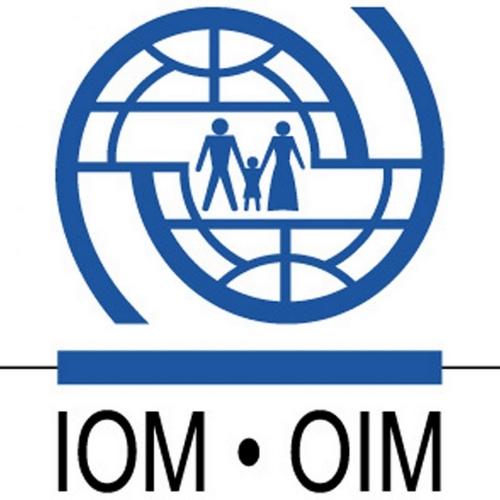Image


Founded in 1951, IOM (International Organization for Migration) is the leading intergovernmental organization in the field of migration and works closely with governmental, intergovernmental and non-governmental partners.
With 174 Member States, 8 other Observer States and offices in more than 100 countries, IOM is dedicated to promoting humane and orderly migration for the benefit of all. It does this by providing services and advice to governments and migrants.
UNHCR is a body that is responsible for refugees while IOM is responsible for all migrants, whether it is temporary or permanent, internal or external except for refugees.
In the UN convention and protocol relating to the status of refugees, UNHCR is given the mandate in all refugee maters. However, health assessment/screening of refugees is carried out by IOM. Furthermore, there are instance in some countries where preference is given to IOM over UNHCR in refugee matters (country specific).
To become a refugee, you need to exhibit substantial “well founded fear of persecution” by your home country;
while to become a migrant you don’t need to do so. The difference of the status would also mean a different treatment and a different rights and obligations.
While a country might reject or deport a migrant from their country, one cannot reject or deport a refugee out of their country to their home country as they’re protected by the principle of ‘non-refoulement’.
It would also be illogical to return a refugee to a country where he might face a persecution.